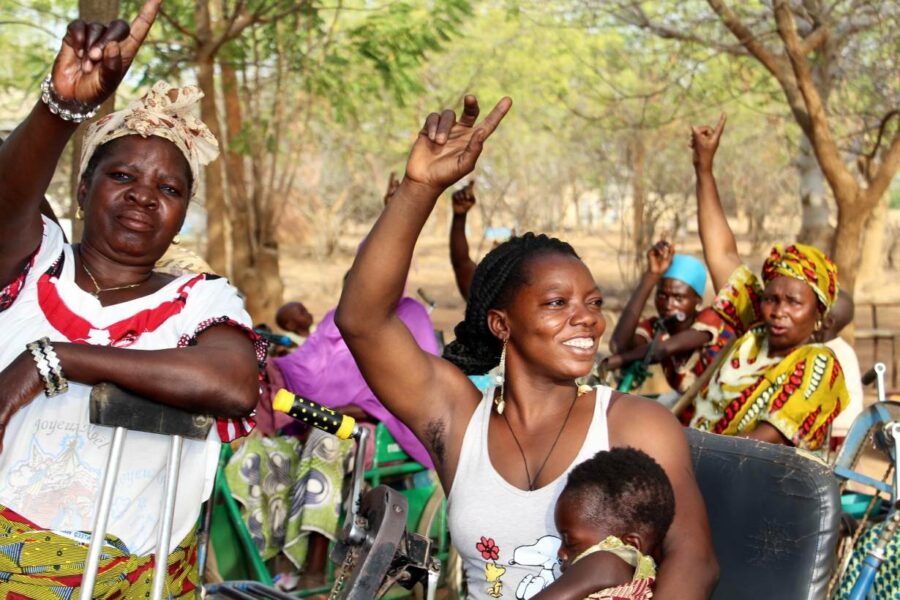As part of its inclusive monitoring, evaluation, and learning (IMEL) approach, and in order to strengthen the cohesive nature of the consortium’s work, contribute to the promotion of USAID’s strategic goals and US foreign policy priorities, further good development practice, and be responsive to the local context, CEPPS utilizes a joint gender assessment whenever possible for associate awards, as well as for other awards and projects as applicable.

This assessment focuses on the gendered experiences of different groups of women in a country and helps CEPPS better understand: the status of different groups of women and men in the focus country; current levels of participation of different groups of women in political and electoral processes and barriers to their participation, including any specific target groups such as young women, lesbian, gay, bisexual, and transgender (LGBTI) women, rural women, women with disabilities etc.; and opportunities for change. Operating from an inclusive, intersectional perspective, data and analysis collected from the joint gender assessment improves CEPPS’s understanding of the country’s socio-political context and helps inform the design and implementation of its programming. By integrating a data-driven, gender-informed, inclusive approach at the earliest phases of programming, CEPPS is better positioned to carry out initiatives that are both responsive to the realities of local stakeholders and more fully and meaningfully achieve its DRG objectives.


